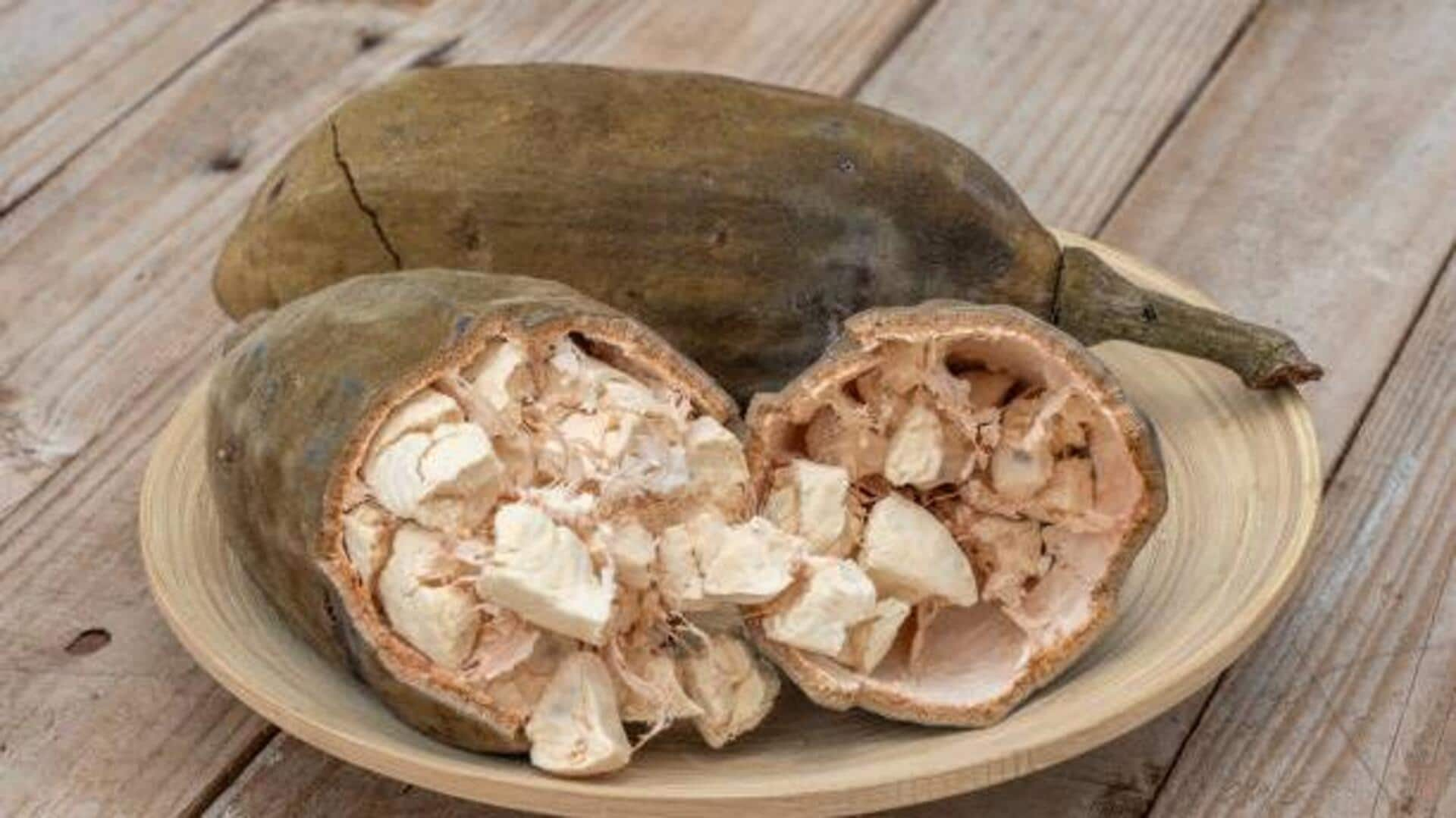
5 surprising uses for baobab seeds
What's the story
From health benefits to sustainable practices, African baobab seeds are making headlines with their versatile applications. These seeds come from the iconic baobab tree and are not just nutrient-rich but also lend themselves to a range of uses that go beyond conventional consumption. Here are five fascinating ways these seeds can be used, making an impact on our health and the environment.
Health boost
Nutritional supplements
Packed with essential nutrients like calcium, magnesium, and potassium, baobab seeds can be ground into a powder and consumed as a dietary supplement to boost nutrition. The high fiber content helps in digestion and promotes gut health. The antioxidants in baobab seeds also help combat oxidative stress in the body.
Beauty aid
Skin care products
The oil that is derived from baobab seeds is also being used more and more in skincare products, given its moisturizing properties. As a vitamin A, D, E, and F-rich oil, it is effective in nourishing the skin and enhancing its elasticity. It is commonly used in lotions and creams designed for hydrating dry skin or calming inflamed regions.
Sustainable solution
Eco-friendly packaging
Baobab seed shells, renowned for their robust nature, provide an ingenious solution to the worldwide plastic crisis by being repurposed into eco-friendly packaging material. These biodegradable containers provide a sustainable alternative, drastically cutting down our dependence on toxic plastic packaging. The use of baobab seed shells not only promotes environmental sustainability but also minimizes waste, highlighting a practical application of natural resources in our battle against pollution.
Livestock nutrition
Animal feed additive
Ground baobab seeds make a great additive to animal feed, owing to their high protein content. By adding these seeds into livestock diets, the nutritional value is greatly increased, doing away with the need for synthetic supplements. This natural method not only supports healthier growth in animals but also encourages sustainable farming practices. It's a win-win for both farmers and the environment.
Soil enrichment
Natural fertilizer component
Owing to their nutrient-rich composition, baobab seed husks can also be used as a part of natural fertilizers. When added to compost or applied directly to soil, they enrich it with minerals necessary for plant growth (like nitrogen and phosphorus), improving the crop yield sustainably without chemical inputs.